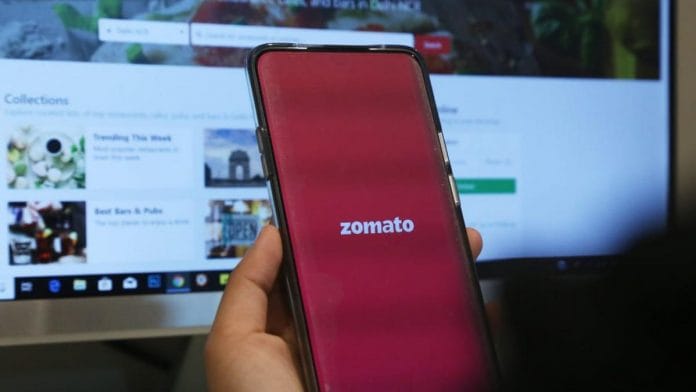New Delhi: Food delivery company Zomato will now give its female and transgender employees upto ten days of ‘period leave’ every year, according to a Reuters report.
CEO Deepinder Goyal made the announcement through an email to its employees Saturday.
“There shouldn’t be any shame or stigma attached to applying for a period leave,” Goyal wrote in the email.
“You should feel free to tell people on internal groups, or emails that you are on your period leave for the day,” he added.
“A note for men — our female colleagues expressing that they are on their period leave shouldn’t be uncomfortable for us. This is a part of life, and while we don’t fully understand what women go through, we need to trust them when they say they need to rest this out. I know that menstrual cramps are very painful for a lot of women — and we have to support them through it if we want to build a truly collaborative culture at Zomato,” Goyal noted in his email.
Gurugram-based Zomato is the most high-profile organisation to institute such a policy in India, according to the Reuters report.
Launched in 2008, Zomato is one of the largest food aggregators in the world and is now present in 24 countries.
Also read: India’s workplaces need to understand menstruation better. Period
Menstruation a taboo
Menstruation continues to be a major taboo in India and several women face discrimination during their ‘periods’. There is also a lack of access to menstrual hygiene products in India.
A 2018 NDTV report notes that 23 million girls drop out of school every year when they start menstruating due to reasons like inadequate menstruation hygiene facilities, and “logical” awareness about menstruation.
The report said many such girls end up with “acute” health issues.
Several studies also indicate that 71 per cent of adolescent girls in India remain unaware of menstruation until their first menstrual cycle. Also, owing to a lack of awareness, they do not prioritise it as an essential health need.
Also read: Not just a bar at Sabarimala, menstruation has got women ostracised & labelled witches






